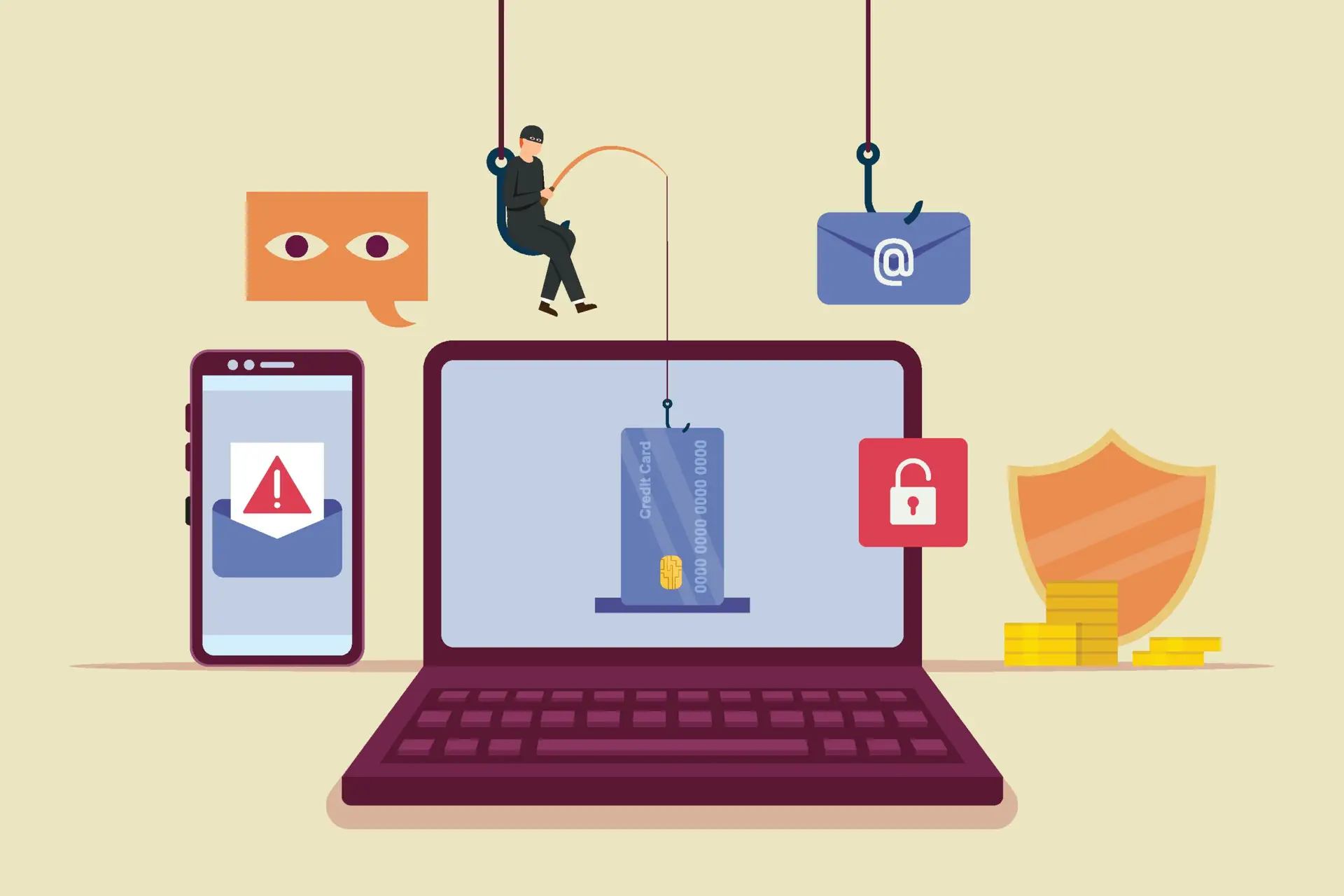In a decisive move against cybercrime, Europol has recently orchestrated the arrest of 37 individuals. These arrests are connected to a sophisticated phishing-as-a-service operation. This crackdown marks a significant victory for cybersecurity forces across Europe.
Understanding Phishing-as-a-Service
Phishing-as-a-service (PaaS) is an emerging threat in the cybercrime landscape. It allows criminals to buy phishing campaigns as a service. This business model has lowered the entry barrier for aspiring cybercriminals. It enables them to launch attacks without advanced technical knowledge.
The Operation’s Details
The operation, led by Europol, involved coordinated efforts from multiple countries. Authorities meticulously planned the crackdown to dismantle the PaaS network. This operation highlights the increasing collaboration among international law enforcement agencies.
The Impact of the Arrests
The arrest of these 37 individuals has dealt a significant blow to phishing operations worldwide. By taking down key players in the PaaS ecosystem, Europol has disrupted numerous ongoing and planned cyberattacks.
How Phishing-as-a-Service Works
Phishing-as-a-service platforms provide ready-to-use phishing kits. These kits include templates that mimic legitimate websites. Users can easily customize these templates to target specific groups or individuals.
The Role of Europol in Combating Cybercrime
Europol has been at the forefront of the fight against cybercrime. With its expertise and resources, it supports member states in identifying and tackling cybersecurity threats.
Legal and Ethical Considerations
The arrests raise questions about the legal frameworks needed to combat PaaS effectively. As cybercrime evolves, so must the laws and regulations that govern digital spaces.
Preventative Measures Against Phishing
To protect against phishing, individuals and organizations must stay informed about the latest cybersecurity practices. Implementing strong security measures and conducting regular training sessions are crucial steps.
Europol’s recent operation is a milestone in the battle against cybercrime. The arrest of 37 individuals linked to phishing-as-a-service sends a strong message to cybercriminals worldwide. It also serves as a reminder of the persistent threats in the digital world and the ongoing need for robust cybersecurity measures.




